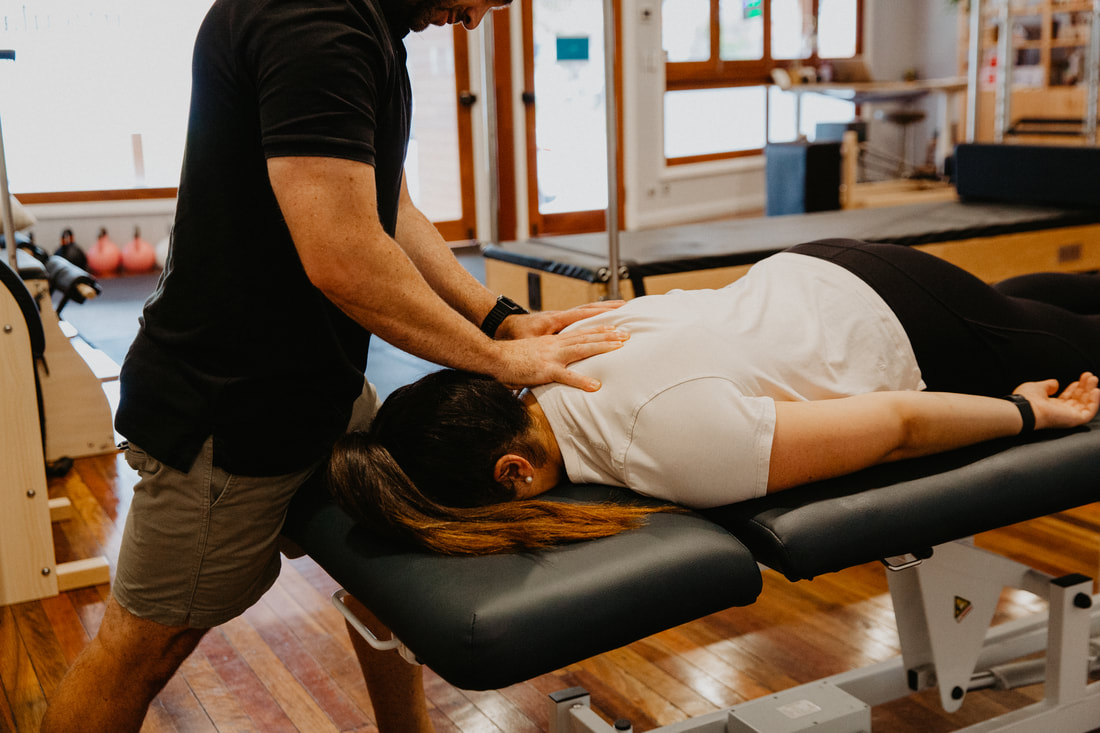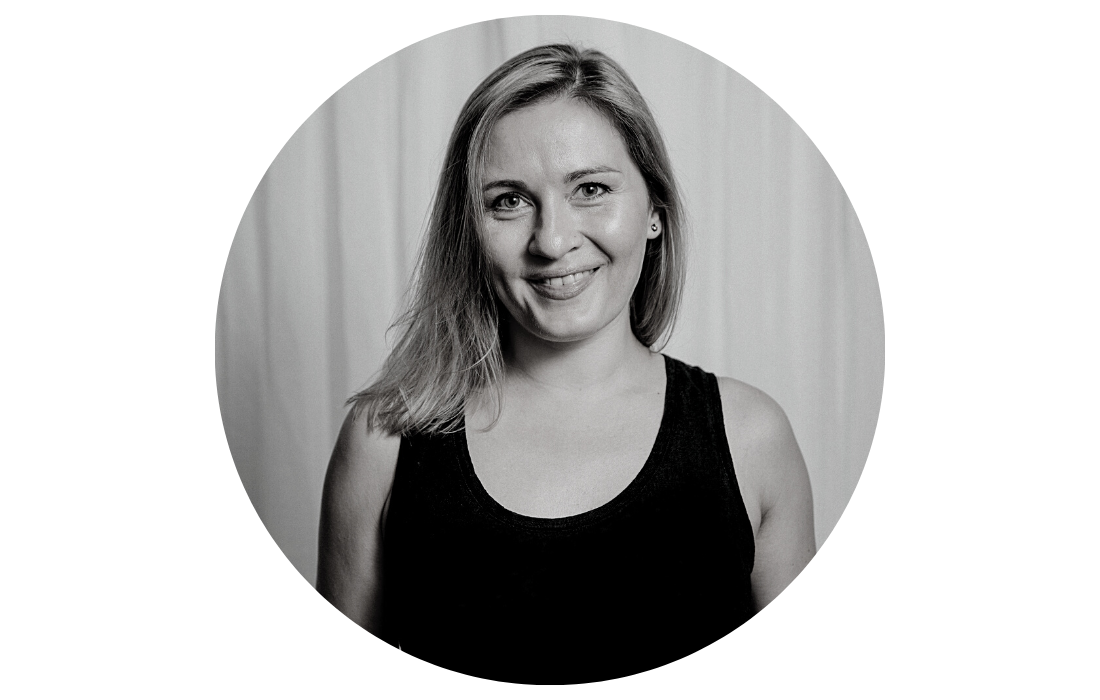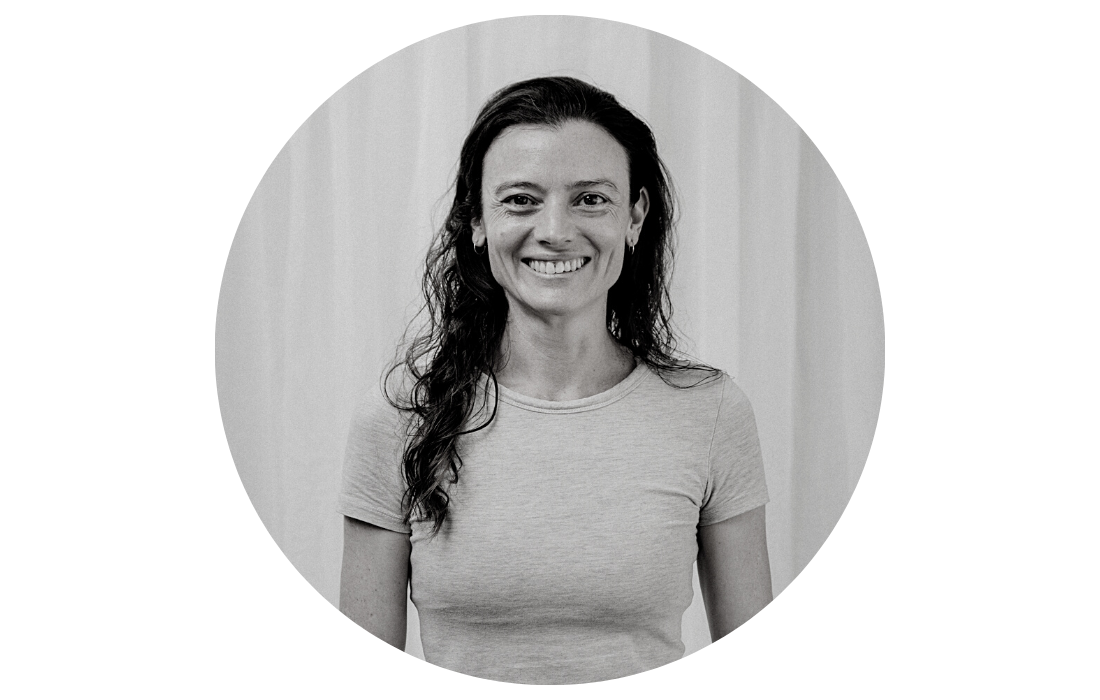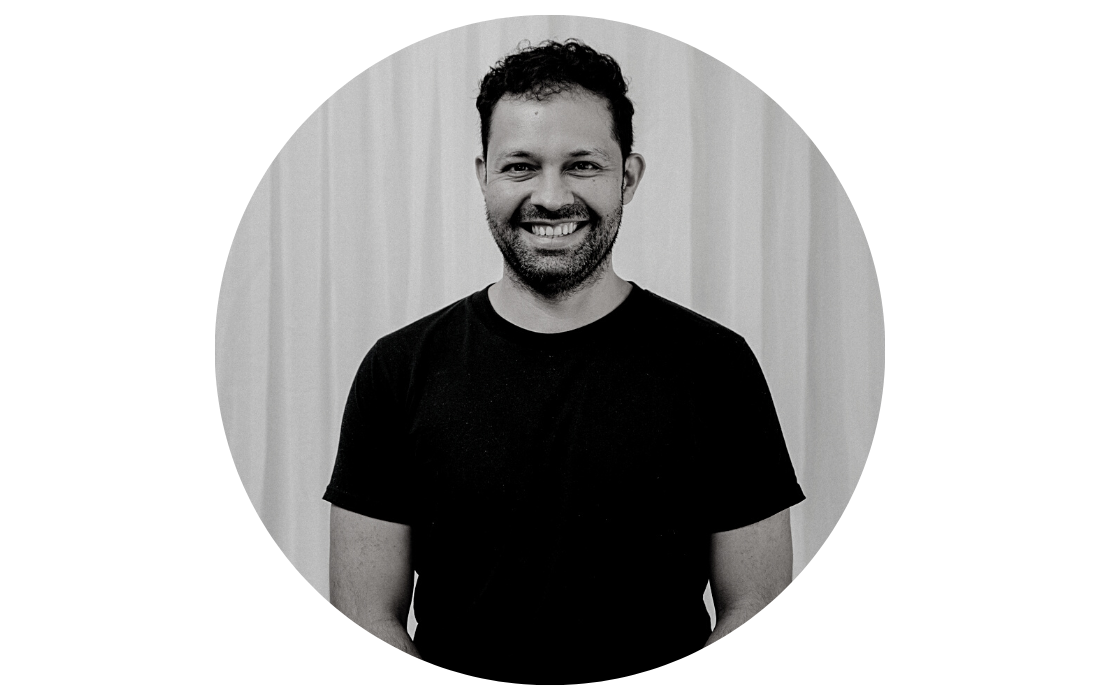Kyphosis Physiotherapy Brisbane southside.
What is Kyphosis?
Kyphosis is a medical term used to describe an excessive outward curvature of the spine, particularly in the upper back. This condition can lead to a hunched or rounded back posture.
What are the different types of Kyphosis?
What are the symptoms of Kyphosis?
What causes of Kyphosis?
How is Kyphosis diagnosed?
A healthcare professional, typically an orthopaedic surgeon or a spine specialist, can diagnose kyphosis through a physical examination, medical history review, and imaging tests such as X-rays or MRI scans.
What is the treatment for Kyphosis?
The treatment approach for kyphosis depends on the severity of the condition, the cause, and the patient's age. Treatment options may include:
How is Kyphosis prevented?
How can physiotherapy help with Kyphosis?
Physiotherapy can play a valuable role in managing kyphosis, particularly in cases of postural kyphosis and mild to moderate forms of the condition. Here's how physiotherapy can help with kyphosis:
If you have kyphosis or are concerned about your posture, it's advisable to consult with a physiotherapist or healthcare professional. They can assess your condition, develop a personalised treatment plan, and provide guidance on exercises and strategies to help improve your posture and overall spinal health. Early intervention and consistent efforts can lead to significant improvements in posture and function.
If you or a loved one has questions about Kyphosis and how our physiotherapists might be able to help please call us on 07 3706 3407 or email [email protected]. We would love to work with you!
Kyphosis is a medical term used to describe an excessive outward curvature of the spine, particularly in the upper back. This condition can lead to a hunched or rounded back posture.
What are the different types of Kyphosis?
- Postural Kyphosis: This is the most common type and typically occurs in adolescents. Postural kyphosis is often the result of poor posture and muscle imbalances. It can be corrected with proper posture training and exercise.
- Scheuermann's Kyphosis: This is a more rigid form of kyphosis that usually develops during adolescence. It is characterised by wedging of the vertebrae in the upper spine, leading to a more pronounced curvature. Scheuermann's kyphosis may require medical intervention.
- Congenital Kyphosis: This rare form of kyphosis is present at birth and results from abnormal vertebral development.
- Degenerative Kyphosis: This type of kyphosis occurs in older adults and is often associated with age-related changes in the spine, such as degenerative disc disease and osteoporosis.
What are the symptoms of Kyphosis?
- A visible rounding of the upper back (hunchback or humpback).
- Back pain and discomfort.
- Stiffness in the spine.
- Fatigue or muscle weakness.
- In severe cases, breathing difficulties and complications related to spinal cord compression.
What causes of Kyphosis?
- Poor posture, especially when sitting for long periods with a rounded back.
- Muscle imbalances.
- Abnormal spinal development (as seen in congenital kyphosis).
- Age-related changes in the spine (as seen in degenerative kyphosis).
How is Kyphosis diagnosed?
A healthcare professional, typically an orthopaedic surgeon or a spine specialist, can diagnose kyphosis through a physical examination, medical history review, and imaging tests such as X-rays or MRI scans.
What is the treatment for Kyphosis?
The treatment approach for kyphosis depends on the severity of the condition, the cause, and the patient's age. Treatment options may include:
- Postural Correction: For mild cases of postural kyphosis, improving posture through exercises and ergonomic adjustments may be sufficient.
- Physical Therapy: Physical therapists can provide exercises to strengthen muscles in the back and improve posture.
- Bracing: In some cases, especially in adolescents with Scheuermann's kyphosis, bracing may be recommended to prevent further progression of the curve.
- Pain Management: Pain relief measures such as over-the-counter pain medications, physical modalities (e.g., heat or ice), and lifestyle modifications can help manage discomfort.
- Surgery: Severe cases of kyphosis or those associated with spinal cord compression may require surgical intervention. Surgery aims to correct the curvature and stabilise the spine.
How is Kyphosis prevented?
- Maintaining good posture during daily activities.
- Incorporating exercises to strengthen the muscles of the back and core.
- Using ergonomically designed furniture and workstations.
- Regularly performing activities that promote spine health, such as yoga or swimming.
- Managing underlying conditions that can contribute to kyphosis, such as osteoporosis.
How can physiotherapy help with Kyphosis?
Physiotherapy can play a valuable role in managing kyphosis, particularly in cases of postural kyphosis and mild to moderate forms of the condition. Here's how physiotherapy can help with kyphosis:
- Posture Correction: One of the primary goals of physiotherapy for kyphosis is to improve posture. Physiotherapists can teach you proper body mechanics and ergonomics to maintain a more neutral spine alignment during daily activities. They will work with you to address poor posture habits and promote an upright posture.
- Muscle Strengthening: Weakness in the muscles of the back and core can contribute to kyphosis. A physiotherapist will design a personalised exercise program to target and strengthen these muscles. Strengthening exercises can help support the spine and improve posture by maintaining a more upright position.
- Stretching and Flexibility: Tight muscles in the chest and shoulders can contribute to the forward curvature seen in kyphosis. Physiotherapists can prescribe stretching exercises to improve flexibility in these areas, allowing for a more extended and upright posture.
- Manual Therapy: Hands-on techniques, such as massage and soft tissue manipulation, can help alleviate muscle tension and discomfort associated with kyphosis. Manual therapy can also improve joint mobility and reduce pain.
- Breathing Exercises: In some cases, kyphosis can affect lung capacity and breathing. Physiotherapists can teach breathing exercises to help optimise lung function and respiratory efficiency.
- Postural Training: Physiotherapists can provide guidance on proper sitting and standing posture and recommend specific exercises and stretches to reinforce good posture.
- Pain Management: If kyphosis is causing pain or discomfort, physiotherapists may use pain management techniques such as heat, cold therapy, electrical stimulation, or ultrasound to alleviate pain and reduce inflammation.
- Education: Education is a crucial component of physiotherapy. Physiotherapists can educate you about kyphosis, its causes, and the importance of maintaining good posture and regular exercise. They can also provide strategies for managing and preventing the progression of the condition.
- Monitoring Progress: Physiotherapists will monitor your progress throughout your treatment plan, adjusting exercises and interventions as needed to ensure you are on the right track to improving your posture and reducing the curvature associated with kyphosis.
If you have kyphosis or are concerned about your posture, it's advisable to consult with a physiotherapist or healthcare professional. They can assess your condition, develop a personalised treatment plan, and provide guidance on exercises and strategies to help improve your posture and overall spinal health. Early intervention and consistent efforts can lead to significant improvements in posture and function.
If you or a loved one has questions about Kyphosis and how our physiotherapists might be able to help please call us on 07 3706 3407 or email [email protected]. We would love to work with you!
Who to book in with:
Yulia Khasyanova
|
Emma Cameron
|
Mauricio Bara
|



